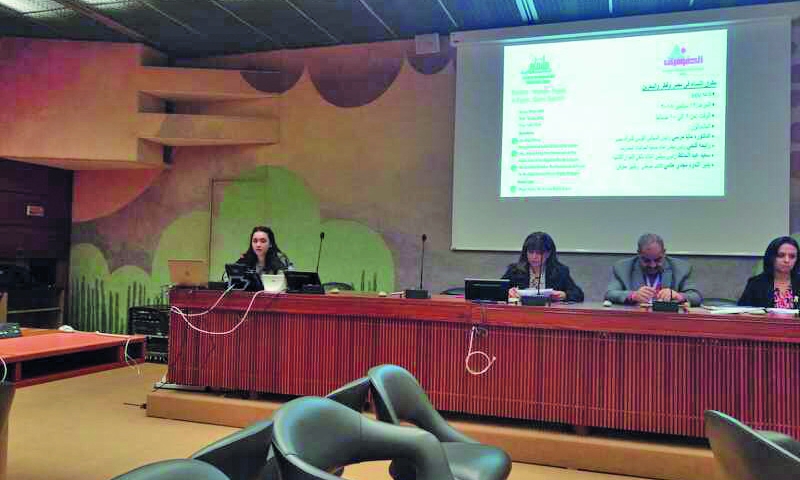Bahrain making big strides in women’s empowerment
Manama : A comparison of the human rights and women’s empowerment in Bahrain, Egypt and Qatar reveals that Bahrain and Egypt are at the front-line of women’s empowerment while Qatar lags behind, according to top human rights experts in the region. A seminar on the sidelines of the 39th Session of the International Council for Human Rights in Geneva, which compared human rights in Bahrain, Egypt and Qatar, revealed that the former two countries fared well while the latter failed in women empowerment.
Qatar, on the other hand, failed to make progress in women’s empowerment and continues to discriminate against women, the seminar chaired by Maya Morsi, a prominent Arab activist for female empowerment, said. According to experts, women in Qatar remains under-represented while Egypt and Bahrain have made positive strides in ensuring participation of women in various areas including governmental and non-governmental sectors.
One of the panel members at the session, Rabha Fathy, Chairperson of the Association of the Egyptian Female Lawyers (AEFL), said: “The Kingdom of Bahrain has participated in conventions that ensure women’s rights since the 1990s. The nation’s leadership has undertaken various initiatives and programmes to encourage the participation of women. This has helped women in Bahrain to be represented at all levels.”
Maya Morsi added that Egypt has also taken many measures to ensure women’s protection and empowerment. Morsi said that in 2017, the 2030 Women’s Development Strategy was implemented after 100 civil society organizations participated in its development.
64pc graduates women
Official statistics of Bahrain obtained by Tribune reveals that Bahrain’s efforts to empower women have borne fruit. Impressively, 64 per cent of tertiary level graduates are women. Statistics also revealed that 53 per cent of the government employees are women. The average life expectancy of women in the Kingdom is now at 77 years. Apart from free primary health care, Bahraini women enjoy free access to free and mandatory primary and secondary education.
National efforts to empower woman and girls in Bahrain included monitoring mechanisms, national gender balance reports, national gender balance indicators observatory, national audit court and equal opportunities committee. The Supreme Council for Women recently gave a presentation in Belgium, highlighting Bahraini women’s achievements and the council’s and the nation’s efforts in empowering them. The presentation compared Bahrain’s progress in woman empowerment when compared to Belgium.
According to the presentation, Bahrain has a higher percentage of lawyers, doctors and board of directors when compared to Belgium while Belgium has more academics and judges. Bahrain has more government employees who are female as 53pc are female; it is a similar trend in Belgium with 52pc women in the government sector. Forty per cent of the female government employees in Bahrain are holding senior executive positions, while it is 43pc in Belgium.
Related Posts

